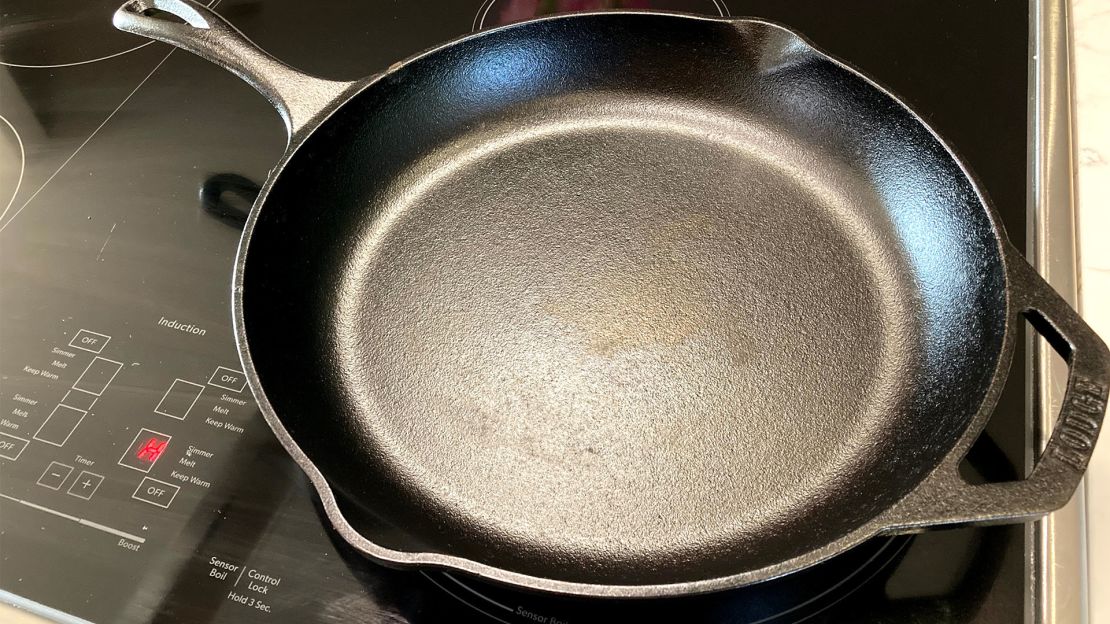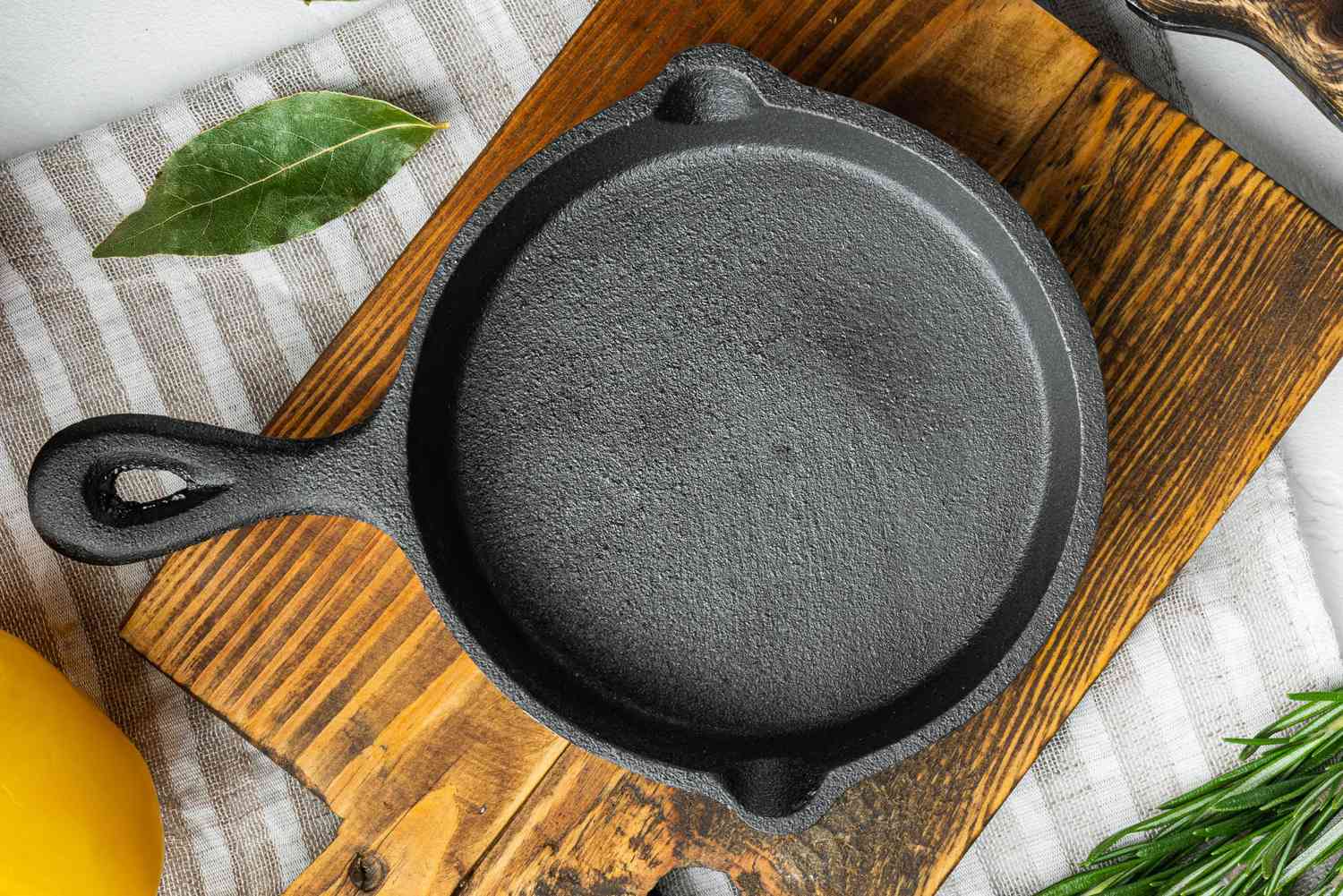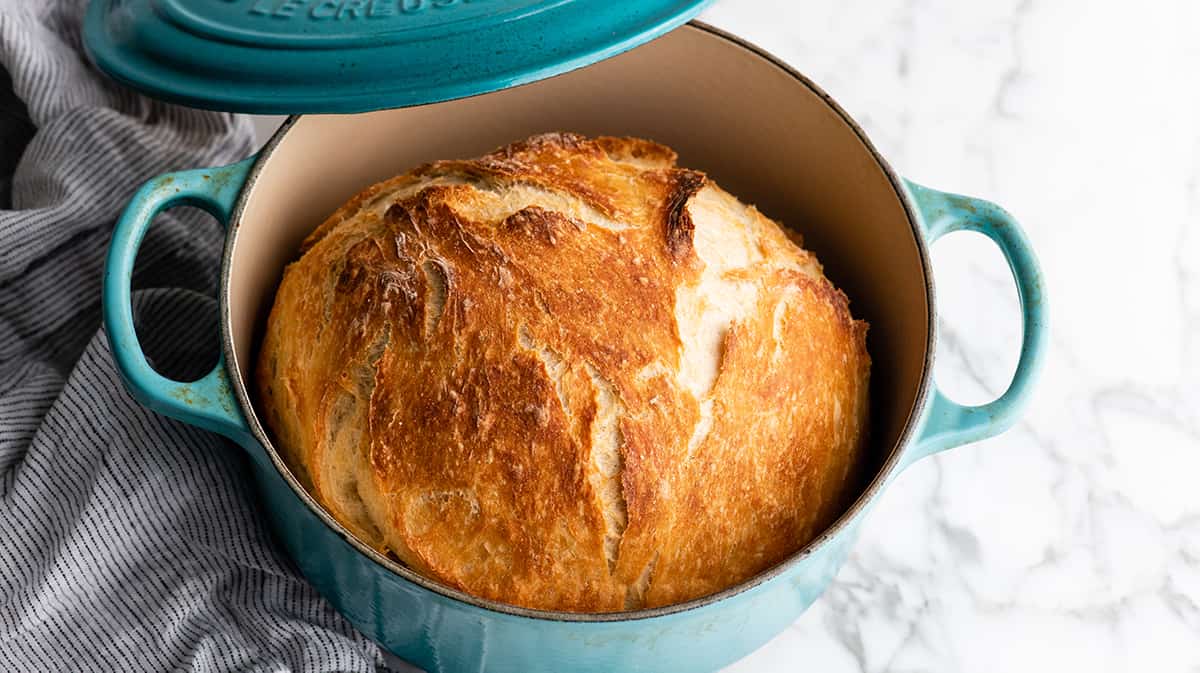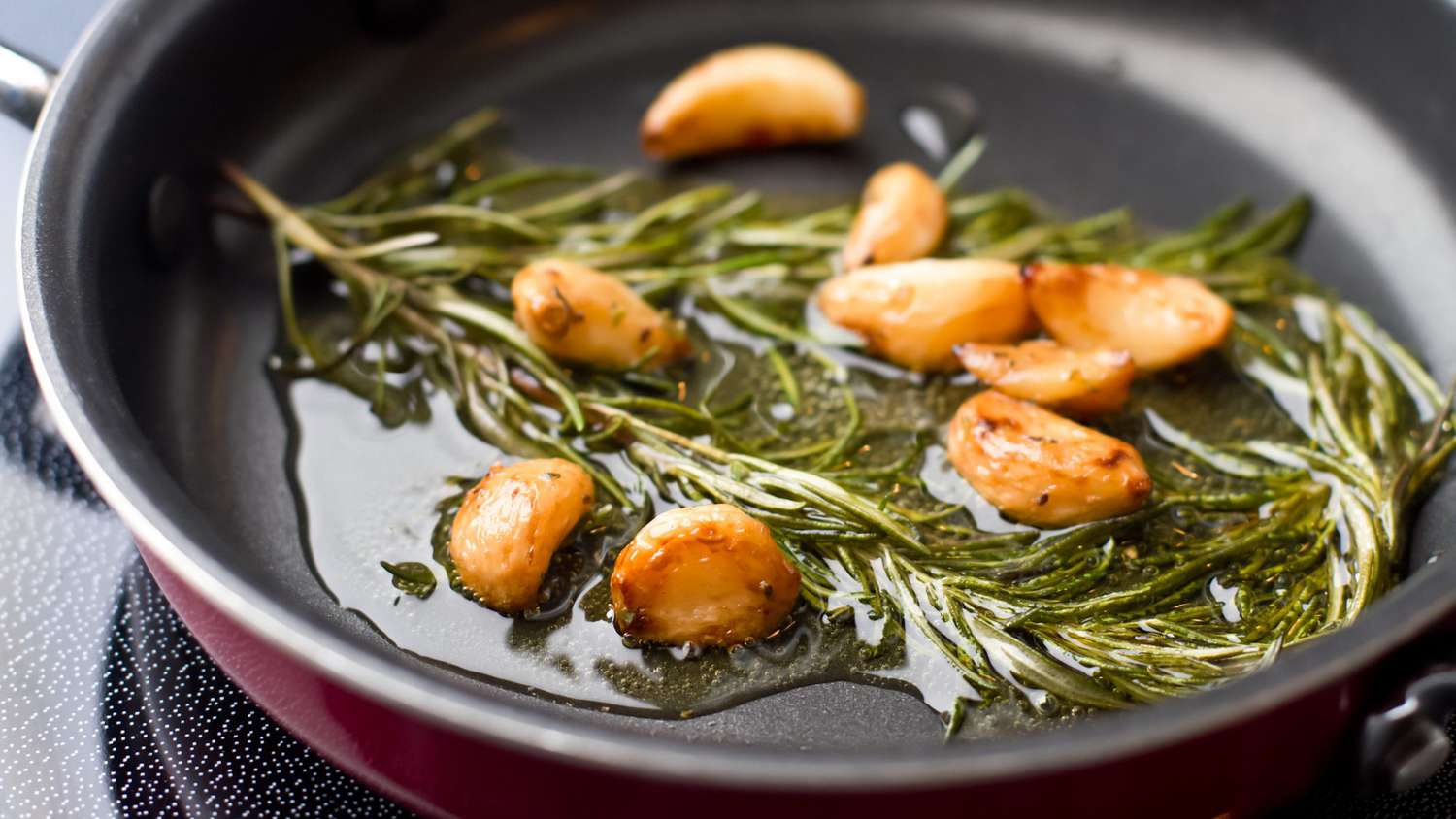In the culinary world, a cast iron skillet is more than just a cooking tool; it's a cherished companion that enhances flavors and creates unforgettable meals. However, maintaining this classic cookware can sometimes be challenging, especially when it comes to clearing away bad oil that can ruin the taste of your dishes. In this article, we will delve into how to clean bad oil off cast iron skillet effectively, ensuring your skillet remains in top shape for years to come.
Whether you are a seasoned chef or a kitchen novice, understanding the nuances of caring for a cast iron skillet is essential. Bad oil can lead to flavors mingling in unpleasant ways, affecting the quality of your cooking. Therefore, learning the proper techniques to clean your skillet is crucial. This guide will provide you with valuable insights and practical tips to keep your cookware pristine.

The Importance of Cleaning Your Skillet
A cast iron skillet requires diligent care, significantly when it has absorbed bad oils. Not only can improper cleaning lead to sticking issues, but it can also affect the flavor of the meals cooked within. The remnants of old, rancid oil can leave an unpleasant taste, making it vital for culinary professionals to learn how to tackle these problems effectively.
Identifying Bad Oil
Before you can clean your skillet, its essential to identify what bad oil looks and smells like. Rancid oils often have a sticky texture and a distinct odor that is far from appetizing. If you notice that your food is starting to taste off, it may be due to the oils lingering in your skillet.
Step-by-Step Guide on How to Clean Bad Oil Off Cast Iron Skillet
Cleaning a cast iron skillet can seem daunting, but follow these steps to ensure you do it correctly:
1. Gather Your Supplies
You'll need:
- Warm water
- Coarse salt
- Vegetable oil or flaxseed oil
- Paper towels
- A non-metal brush
2. Rinse and Scrub
First, rinse your skillet with warm water to loosen any debris. Then, sprinkle coarse salt into the skillet. Using the non-metal brush or paper towels, scrub the skillet, paying extra attention to areas with excess oil buildup. The salt acts as a gentle abrasive that aids in removing the bad oil without damaging the skillet's seasoning.
3. Rinse and Dry Thoroughly
After scrubbing, thoroughly rinse the skillet with warm water. Ensure all salt and oil residues are removed. Following this, dry the skillet completely with a clean towel or place it on low heat on the stovetop to evaporate any moisture.
4. Re-season the Skillet
Once cleaned and dried, its crucial to re-season your skillet. Apply a thin layer of vegetable oil or flaxseed oil to the interior surface using a paper towel, ensuring even coverage. Then, place the skillet upside down in a preheated oven at 350F for about an hour to create a protective layer.
Preventing Bad Oil Buildup
Prevention is key in maintaining your cast iron skillet's integrity. Here are some preventative measures:
- Always heat the skillet before adding oil or food.
- Regularly season your skillet to maintain its protective layer.
- Avoid using dish soap after cooking, as it can strip the skillet's seasoning.
Additional Tips for Kitchen Professionals
For culinary professionals, understanding the balance of heat and oil is essential. Overheating oil can lead to smoke and a buildup of residue, hence the importance of maintaining optimal cooking temperatures. Additionally, be mindful of the types of oils you usesome oils are prone to rancidity and should only be used sparingly.
:max_bytes(150000):strip_icc()/how-to-make-your-favorite-cast-iron-skillet-last-forever-1022-2000-5edb8809448b46e2ac64ad7305aafb3a.jpg)
When to Seek Expert Help
If your skillet has severe buildup, you might wonder if it's salvageable. In such cases, do not hesitate to refer to experts or resources dedicated to cast iron cookware, such as the guidelines available at Homesteading Family.
Frequently Asked Questions (FAQ)
-
Can I use soap on my cast iron skillet?
Using soap is generally discouraged as it can strip the seasoning. However, if necessary, using a small amount sparingly during a deep clean may be acceptable. -
What oil is best for seasoning?
Flaxseed oil is often recommended for seasoning due to its high smoke point and ability to polymerize effectively. -
How can I tell if my skillet is properly seasoned?
A well-seasoned skillet should have a smooth, non-stick surface and a lustrous sheen.
As an Amazon Associate, I earn from qualifying purchases.






Leave a comment
This site is protected by hCaptcha and the hCaptcha Privacy Policy and Terms of Service apply.